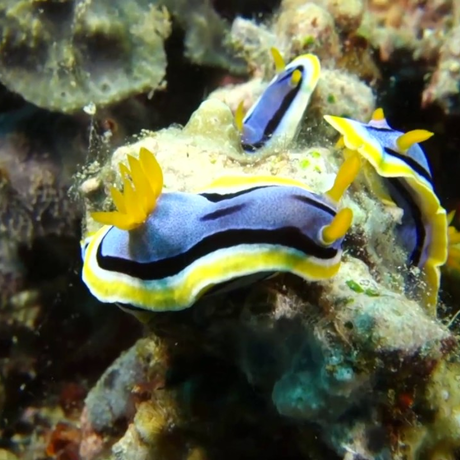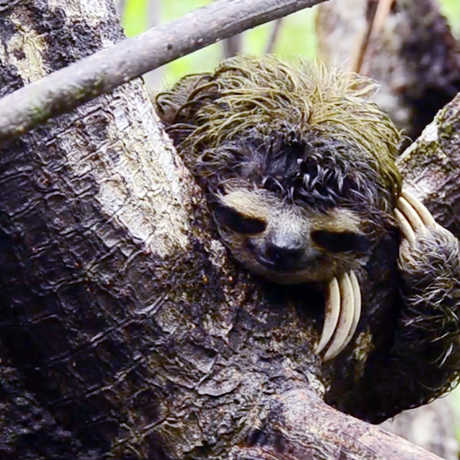Featured Articles
Today's post is Science Today's last. Thanks for joining us these past eight years!
Ecologically- and economically-rich coral reefs occur in very specific places on our planet.
New species finds include a succulent plant, worms and crustaceans near a hydrothermal vent and desert bees.
How can we effectively communicate the urgency around plastic pollution in the ocean to effect change?
How does ocean acidification affect juvenile salmon?
The Antarctic region hosts much more life than you think—and is in need of protection.
Scientists are using DNA from seized ivory to determine where poachers may strike next.
The Bay Area's Climate Readiness Institute discusses water, drought, and proposed solutions in California.
Botanical gardens could be the key to educating and feeding a growing population.
Laws banning ozone-depleting chemicals have worked significantly to protect the ozone layer and even save lives.
Scientists are tracking whales—with help from the public—to better understand and prevent deadly ship strikes.
Scientists are studying sloth bear scat to determine the health of the dwindling bear population.
An Academy researcher is studying the adorable, elusive pygmy sloth, a critically endangered species.













